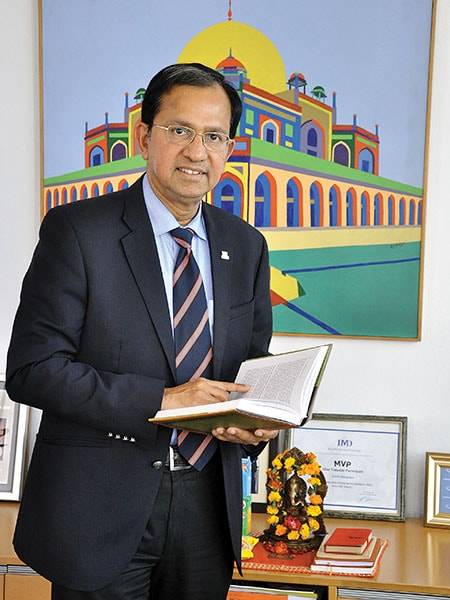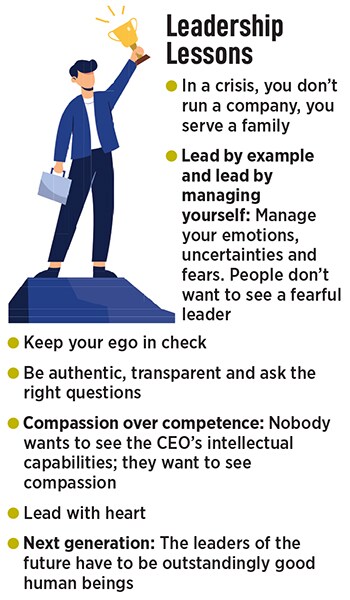
I want to create leaders who are better than me: Suresh Narayanan
The Nestle India chairman and managing director talks about managing the impact of inflation, enterting the D2C space and healthier products for seniors
 Suresh Narayanan, Chairman and managing director, Nestlé India
Suresh Narayanan, Chairman and managing director, Nestlé India
FMCG companies are feeling the pinch of inflationary trends. Nestlé, the maker of brands like Maggi and Nescafe, is no different. In an exclusive conversation with Storyboard18, Suresh Narayanan, Nestlé India’s managing director and chairman, talks about how the company is sustaining its momentum in consumption and meeting customer expectations, and trends like D2C and healthy-ageing. Edited excerpts:
Q. How has 2022 fared so far? How are you sustaining the momentum in consumption that came during the pandemic?
One of the striking features of 2022 has been the unrelenting inflation on commodities. Nine or 10 of the top 13 commodities we procure have crossed their 10-year highs. The cumulative inflation in the last three years has met or surpassed the inflation we are facing today. How do you deal with inflation in terms of efficiencies, effectiveness and pricing are some of the concerns that one is combating at this point in time. On the other hand, demand for our mainstream brands has been robust. Most of our portfolio is doing well.
Q. How are you looking at unlocking the next level of growth for a brand like Maggi?
Maggi is a classic example of a brand that has been mass-customised. Everybody has an association with it, everybody has their own version.
(This story appears in the 30 November, -0001 issue of Forbes India. To visit our Archives, click here.)



 Q. How are you seeing the D2C brand space play out and how is Nestlé growing its presence in it?
Q. How are you seeing the D2C brand space play out and how is Nestlé growing its presence in it? 



